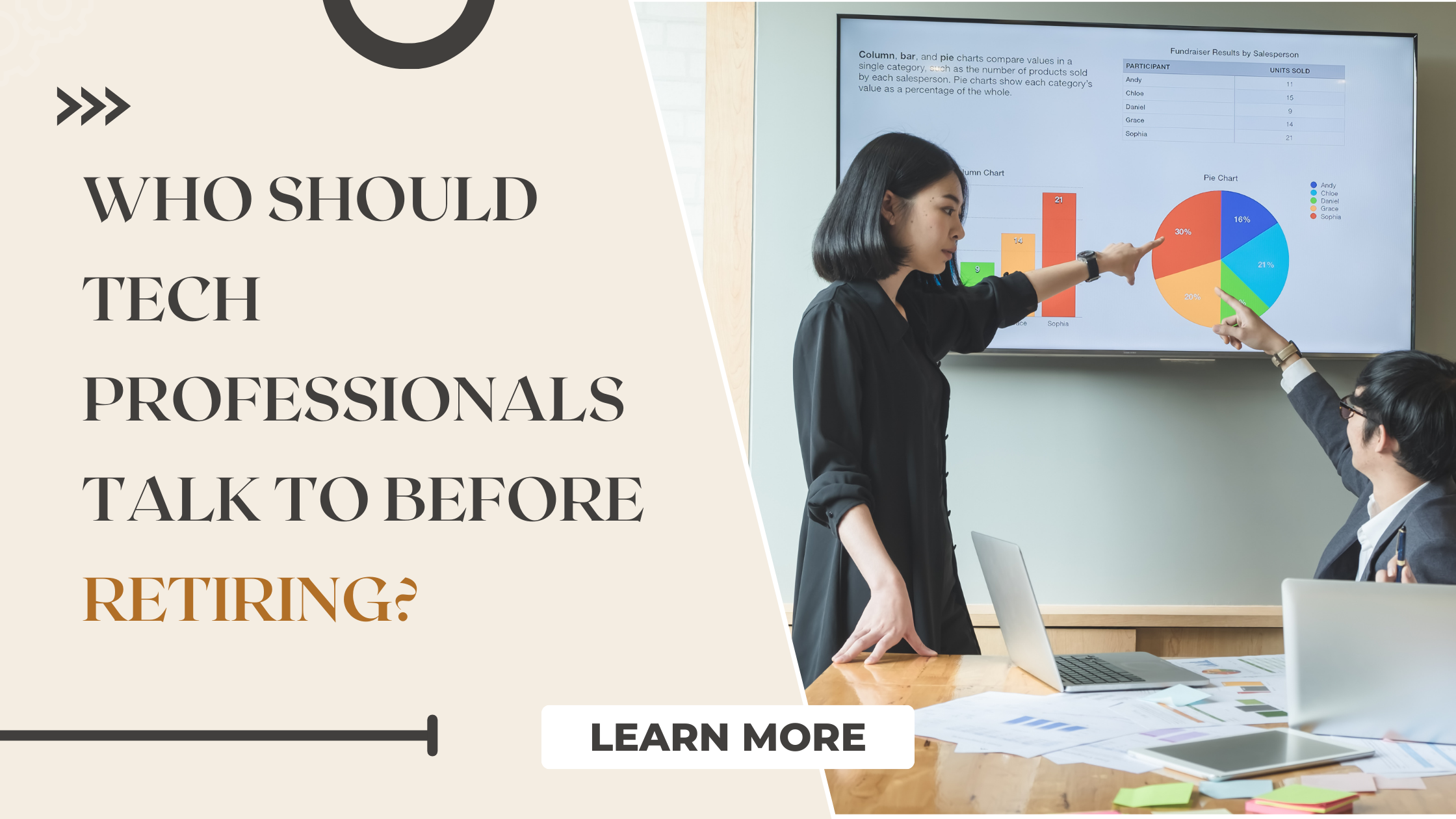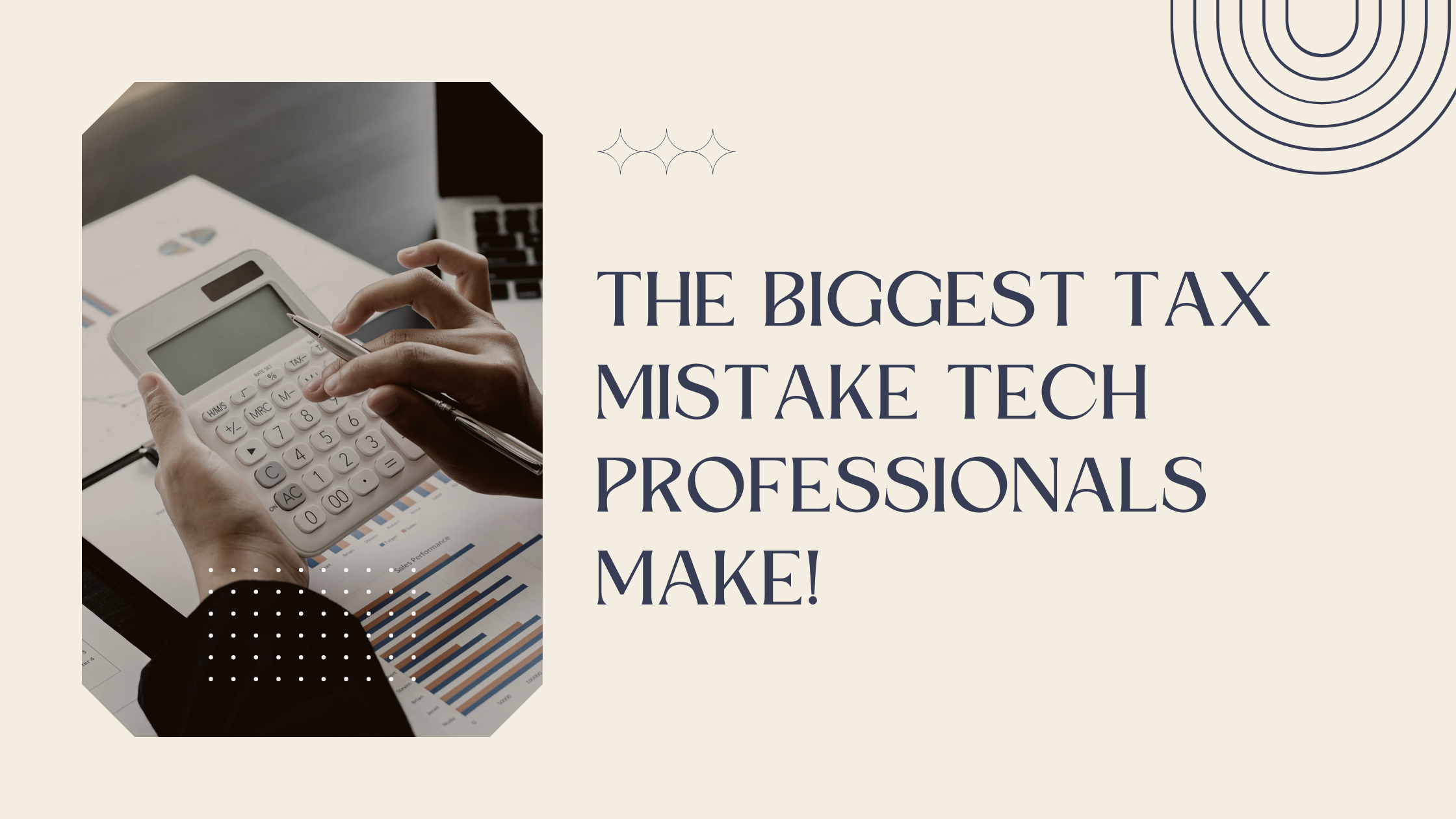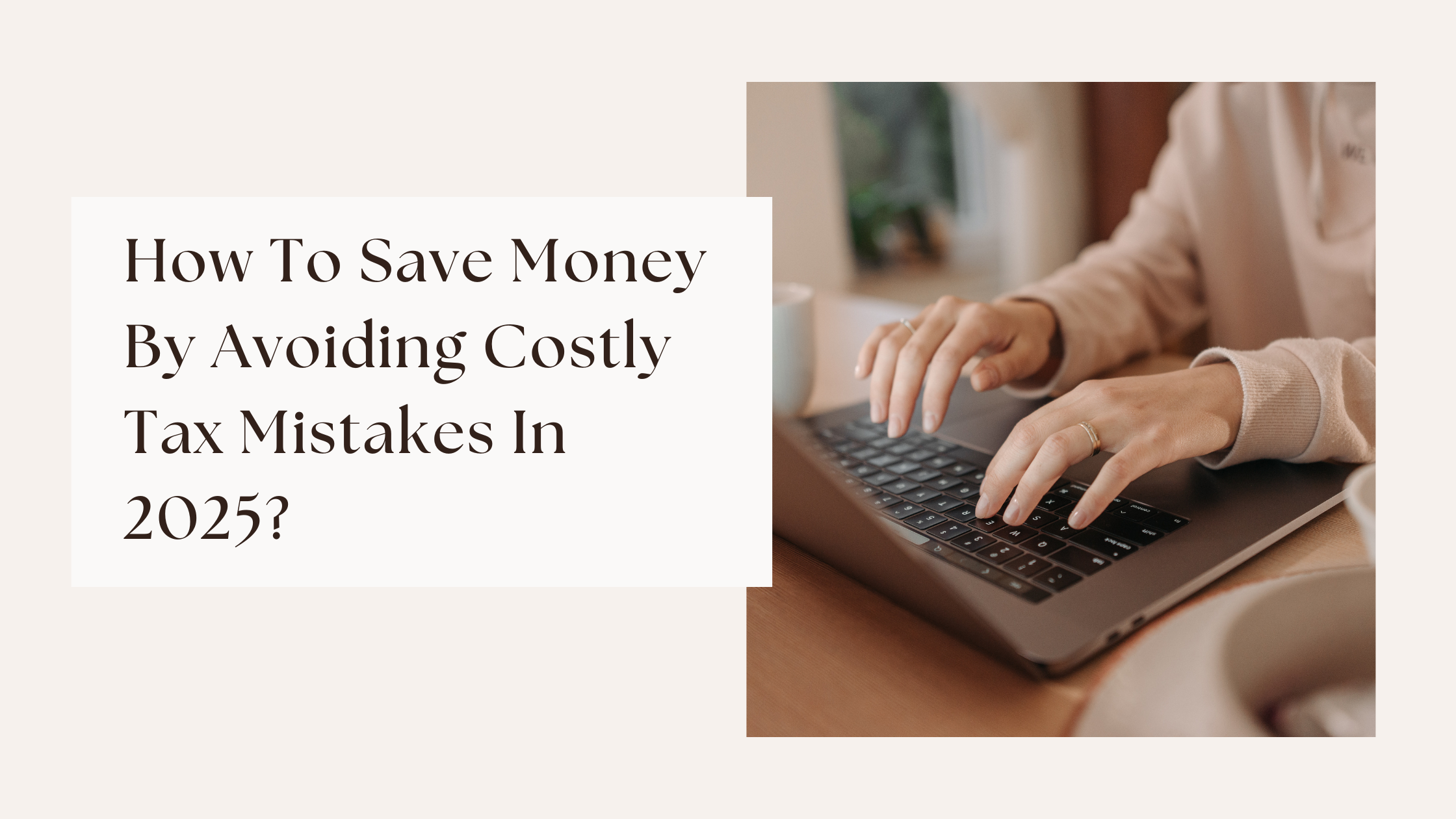Are You A First Time Investor Who Feels Left Behind?
True Root Financial is a financial advisor and financial planner based in San Francisco, CA. We serve clients across the globe.
Meet Jan: A First Time Investor
Jan, a Berkeley graduate, started working as an engineer and gradually built up her savings. After losing money on tech stocks, she chose to keep her cash in a high-yield savings account to buy a house in San Francisco eventually.
If you are a tech professional interested in learning how we can help you claim your financial independence by investing wisely, minimizing taxes, and maximizing your equity compensation, please book a no-obligation call here.
Facing high housing costs in the San Francisco Bay Area and her love for flexibility and travel, Jan realized renting was better than buying. Her savings grew, but most of it sat idle, earning only a few thousand dollars a year despite some occasional angel investing.
Watch this video to discover the common reasons people avoid investing and learn how to overcome them to start building your financial future.
Key Takeaways
- Don’t let fear of losing money hold you back from investing
- Having some emergency savings is wise, but many people keep too much idle cash, missing out on investment opportunities
- Instead of keeping cash for catastrophes, manage those risks using the right insurance policy and asset protection strategies.
The Toll of Indecision
All this time, Jan had this sick feeling in her stomach, believing she was missing out by not investing in the stock market. Hearing others’ success stories only added to her frustration, but she lacked the time and confidence to learn on her own. Eventually, she sought a financial advisor to help grow her net worth and achieve financial independence.
Though she started late, she made substantial progress and in a few short years, she is now well on her way to achieving the financial flexibility of living life on her own terms.
Jan’s story is an all too familiar tale that we at True Root Financial hear from clients. Sometimes, it might be savings that sit idly. Sometimes, it might be stock grants or shares acquired from an employee stock purchase program that sit unmanaged, paying high taxes and potentially losing value over time. Or a 401k that’s left unmanaged.
Does Jan’s Story Resonate With You?
If so, it might be because of one or more of these reasons:
The fear of losing money is often the biggest hurdle
Worrying about stock market volatility is common, but not investing guarantees losing money over time as the same amount of money you have today will be worth less and less over time as prices increase. While markets can dip short-term, they typically reward long-term, especially if you’re diversified investors who manage risks well.
Saving for a large purchase in the future
Another reason for many people is that they’re keeping it aside for a large purchase such as a house in the next 3-5 years but they actually never end up using all that they set aside because they have an income they can tap from.
Over-saving for emergencies
Emergencies can occur such as if you lose your job but these are temporary. For someone like Jan, she would be able to find a job within 2-3 months. So, for her, her emergency fund should be no more than strict living expenses for 2-3 months. However, many people end up putting too much aside for emergencies and in the process end up losing the opportunity to grow the money.
Instead of saving too much for emergencies, see if you can maintain a balance between the two:
– Quick access to funds in an emergency and,
– Growing the value of your money by investing
Keeping a cash cushion for catastrophes
Some also think that having lots of cash would help their family should something happen to them like death or an accident. However, these are the very events you should get adequate insurance for like life and disability insurance, not save cash for.
Not knowing where to look for reliable financial advice
You may be wary of financial advisors in San Francisco due to concerns about fees, conflicts of interest, or past negative experiences. This mistrust can prevent you from seeking the help you need to start investing confidently.
Do you believe everyone who invests is an expert?
Fortunately, you have the option to seek guidance from a financial advisor. It can be difficult to take the first step, especially if you feel overwhelmed by the process. The idea of researching investments, understanding financial markets, and making decisions can seem daunting. The only solution is to take help from a fiduciary financial advisor.
About 82 percent of new investors said they are interested in speaking with a financial advisor to offer assistance, according to a 2021 Schwab survey.
Lastly, inertia and procrastination…
This usually happens when you have one of the above issues but also your rational mind is telling you to act. However, instead of facing the cognitive dissonance and making a decision to move forward, it’s often easier to just procrastinate and do nothing, which is a terrible decision.
Start Investing Early
Source: Ally
So, what does this imply? Historically (from 1950 to 2023), staying invested in the S&P 500 for fifteen years has consistently yielded some returns on your investments. While this doesn’t assure future outcomes, it’s a valuable consideration when shaping your investment approach.
The Cost of Not Investing: Money Has No Store Value!
1. Lost Time and Compound Interest
One of the biggest costs of not investing is the loss of time. Time is a crucial factor in investing because of the power of compound interest. For example, investing $10,000 at a 7% annual return grows to over $76,000 in 30 years. If you wait 10 years to start, that same investment only grows to about $38,000 in 20 years. The earlier you start, the more time your money has to grow exponentially.
2. Missed Financial Goals
Many of our clients have a goal of achieving financial independence early in life so that they have the flexibility to live life on their own terms. Saving alone isn’t enough because money loses value over time, and expenses like healthcare rise dramatically as we age.
Bottom Line
As time goes on, you might have less and less energy to work long hours to make lots of money. Whether it’s buying a house, funding your children’s education, or building a comfortable retirement fund, starting late means you have less time to accumulate the necessary funds. This can lead to stress and anxiety about the future, as you realize you might not be able to achieve the lifestyle you envisioned.
3. Inflation
If you keep your savings in a regular bank account with minimal interest, the value of your money will decrease as prices rise. Investing helps you stay ahead of inflation by growing your money at a rate that outpaces the increase in the cost of living.
4. Opportunity Cost
Money not invested misses potential gains that could boost your wealth. Over time, these missed opportunities can add up, so don’t wait, start investing today!
4 Step Guide For The First Time Investor
Step 1: Decide how much to invest
Step 2: Keep some cash for emergencies but not too much
Step 3: Find an investment mix that balances growth and risks
Step 4: Find a financial advisor who can help you with investing and financial planning
Curious about how to begin investing but feeling overwhelmed? Watch the video below for clear, beginner-friendly tips to help you take your first steps toward growing your money and achieving financial success.
Where Can You Start as a 2025 Investor?
The first step is to set clear financial goals. Determine what you want to achieve with your investments. If you want to be financially independent, understand how much you’ll need to pay for all your living expenses plus other goals and obligations you might have like sending kids to college, buying a first or second property, or caring for an elderly parent.
Another thing you need to do is to minimize your taxes and proactively manage events that might trigger large tax payments like when your stocks vest or when you exercise your stock options. You will also need to understand which tax-advantaged vehicles are right for you such as a 401(k) or a Roth 401(k), 529 plans for your children, and also HSA for healthcare planning.
At True Root Financial, we help our clients think through their goals and plan for financial independence:
- Through a series of five meetings, we will help you envision your ideal life and create a roadmap to achieve it.
- We will provide a personalized written financial plan that outlines this vision and the steps necessary to realize it.
- We will implement each action item and adjust the plan as your circumstances change.
- You will have full access to our investment management services as part of this offering.
- Each year will begin with an annual review meeting, supplemented by other meetings based on your needs.
- You will have continuous one-on-one access to your planner via email, phone, and meetings for any questions.
- Additionally, you will get secure online access to all your accounts.
- You can cancel the service at any time without any commitments or lock-ins.
We provide knowledge and create a portfolio diversified across many investments that are not interdependent, reducing the risk of loss.
Next Step For You
Avoid the hassle of navigating investments on your own. Get professional help to craft a tax-efficient plan and start your journey as a first-time investor toward financial security today. Book a call below with True Root Financial located in Bay Area to find the right investment strategy.










Leave a Reply
Want to join the discussion?Feel free to contribute!